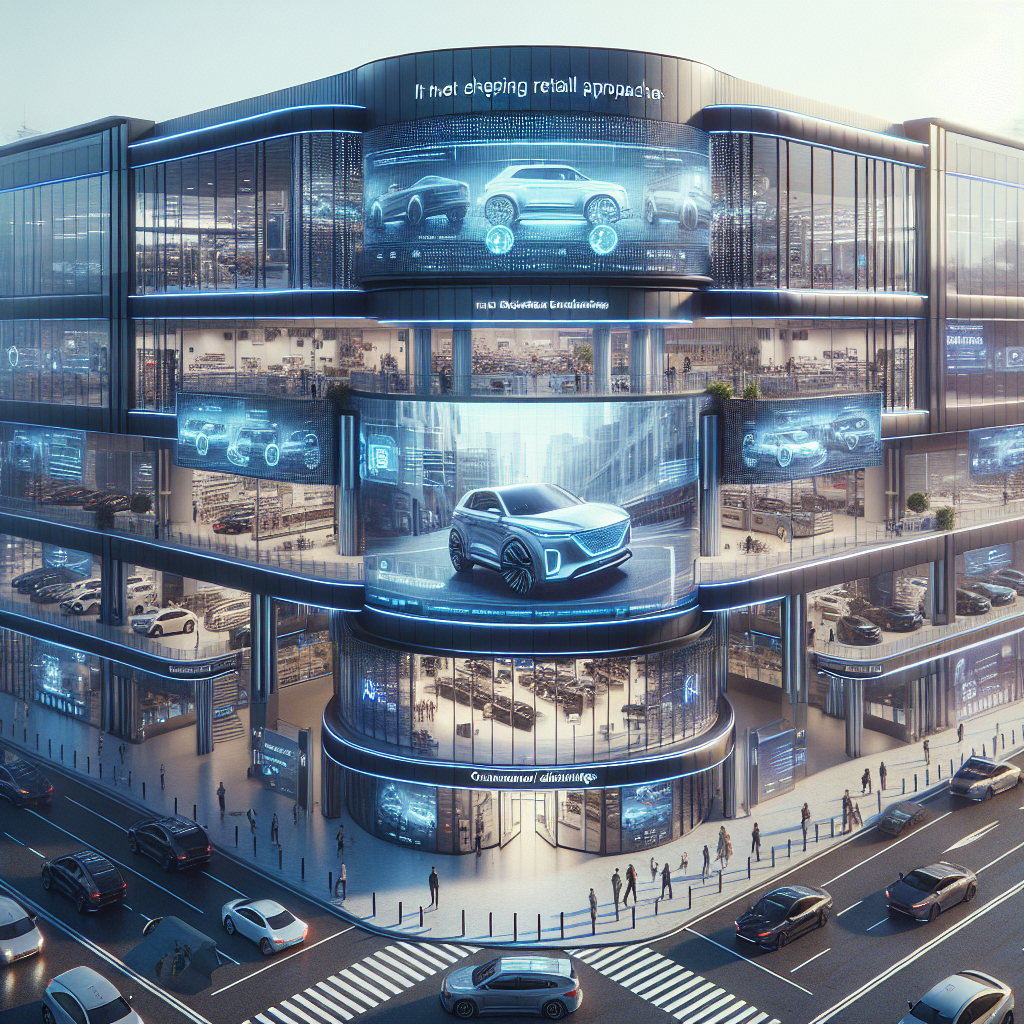
The automotive retail landscape is undergoing significant transformation as manufacturers experiment with unconventional sales venues and service approaches. Porsche has taken a bold step by establishing a presence in Australia's largest shopping center, bringing luxury vehicles directly to consumers during their routine shopping trips. Meanwhile, American electric vehicle startup Slate is challenging traditional dealership models by eliminating dedicated service centers entirely, opting instead to empower local mechanics to handle repairs. These developments reflect a broader industry shift toward more accessible, customer-centric retail strategies that meet buyers where they already spend their time and money.
Porsche's decision to open a location at Australia's biggest shopping center represents a strategic pivot toward high-traffic retail environments [1]. The sports car brand is positioning itself alongside clothing stores, grocery outlets, and toy shops, aiming to capture consumer attention during weekly shopping routines. This approach marks a departure from traditional standalone dealerships, suggesting that even premium automotive brands recognize the value of visibility in everyday consumer spaces. The move could signal a broader trend of luxury manufacturers seeking to demystify the car-buying experience by integrating showrooms into familiar retail settings.
Electric vehicle startup Slate is pursuing an even more radical departure from conventional automotive retail by eliminating service centers altogether [2]. The American company, which is developing a compact electric pickup truck, plans to enable local mechanics to handle all repairs and maintenance. This strategy could significantly reduce overhead costs while making service more convenient for customers who can visit nearby repair shops rather than traveling to distant brand-specific facilities. The approach reflects confidence in the relative simplicity of electric vehicle maintenance and could prove particularly appealing in rural or underserved markets.
These innovative retail strategies emerge against a backdrop of industry tension, as evidenced by frustrations within traditional dealer networks. An anonymous Nissan dealer recently published an angry letter citing "corporate greed" as contributing to the brand's current struggles [3]. Such conflicts highlight the challenges manufacturers face when attempting to modernize sales and service models while maintaining relationships with established dealer partners who have invested heavily in conventional infrastructure.
The push toward digital tools is also reshaping how consumers engage with automotive purchases, particularly in the electric vehicle segment. A new online cost calculator has been introduced to help rebuild EV sales in the United States [4]. This digital resource aims to provide transparency around the total cost of ownership for electric vehicles, addressing a key barrier to adoption by helping potential buyers understand long-term financial implications beyond sticker prices.








